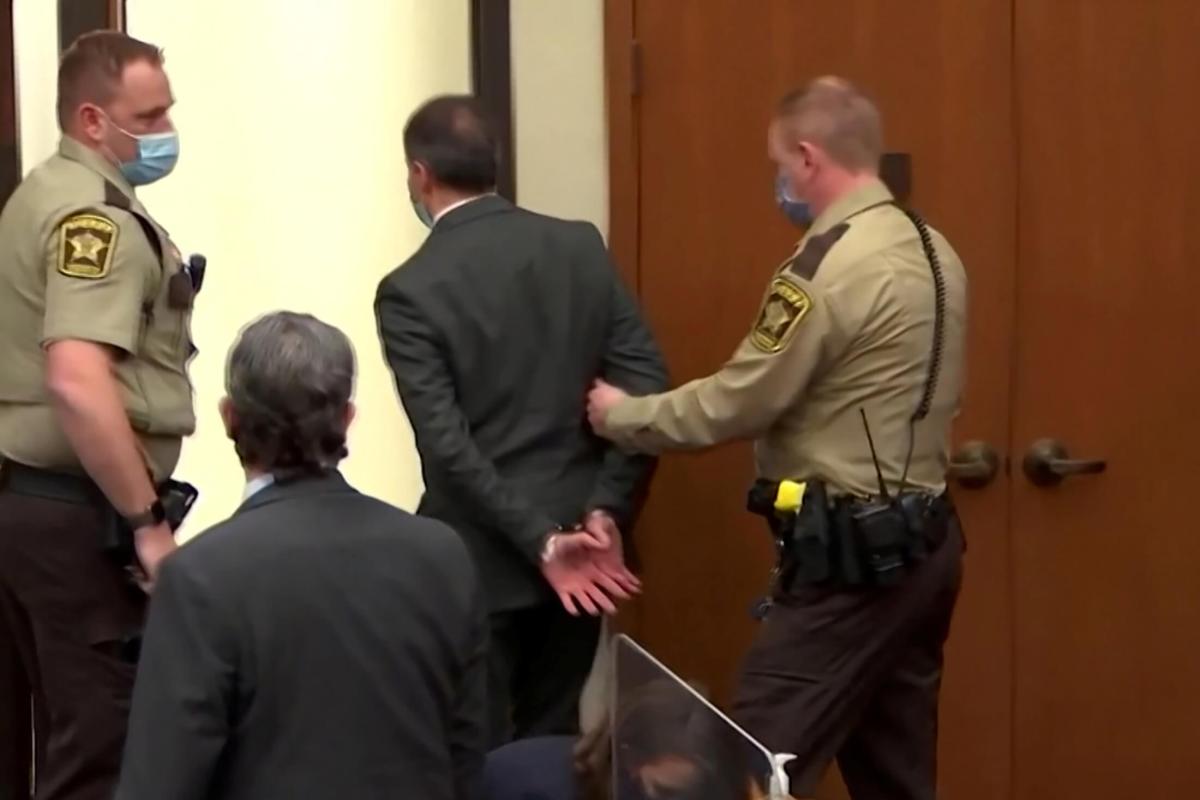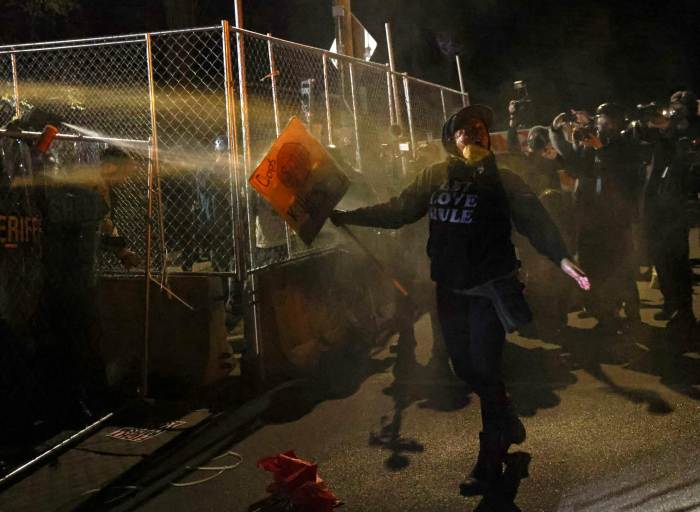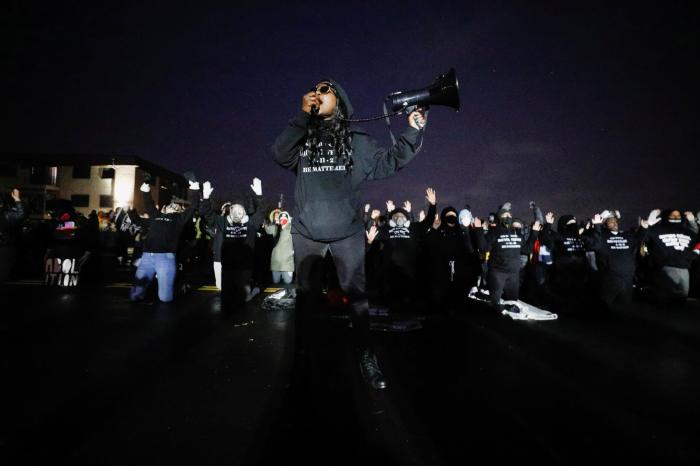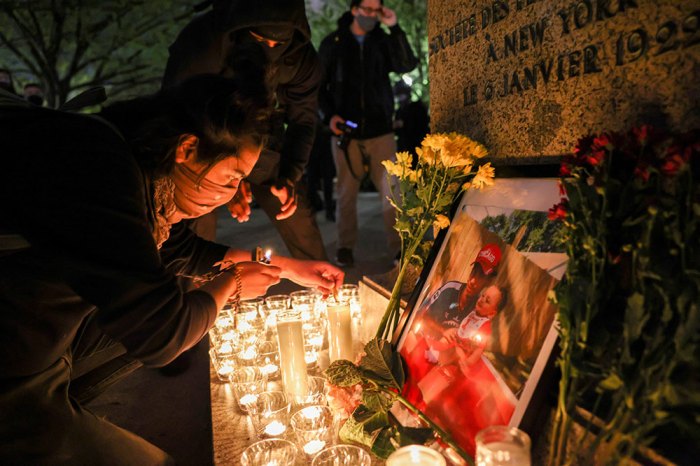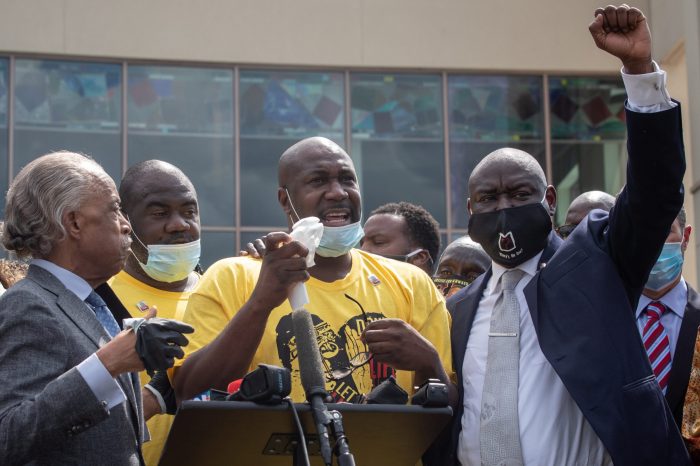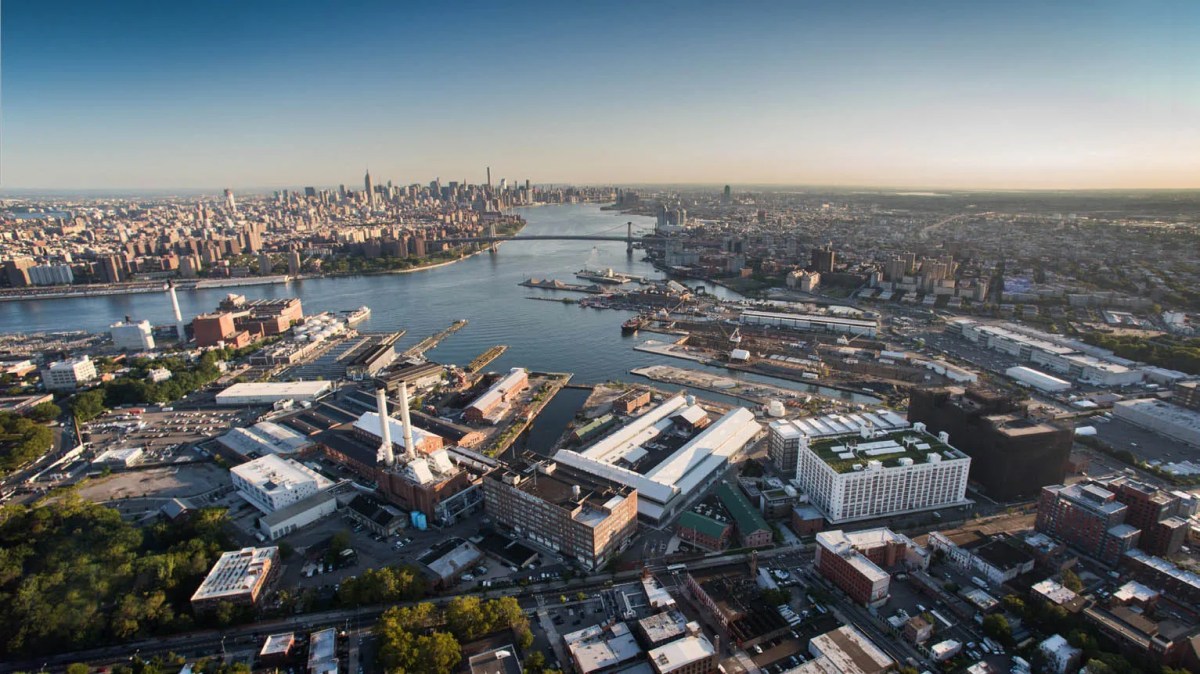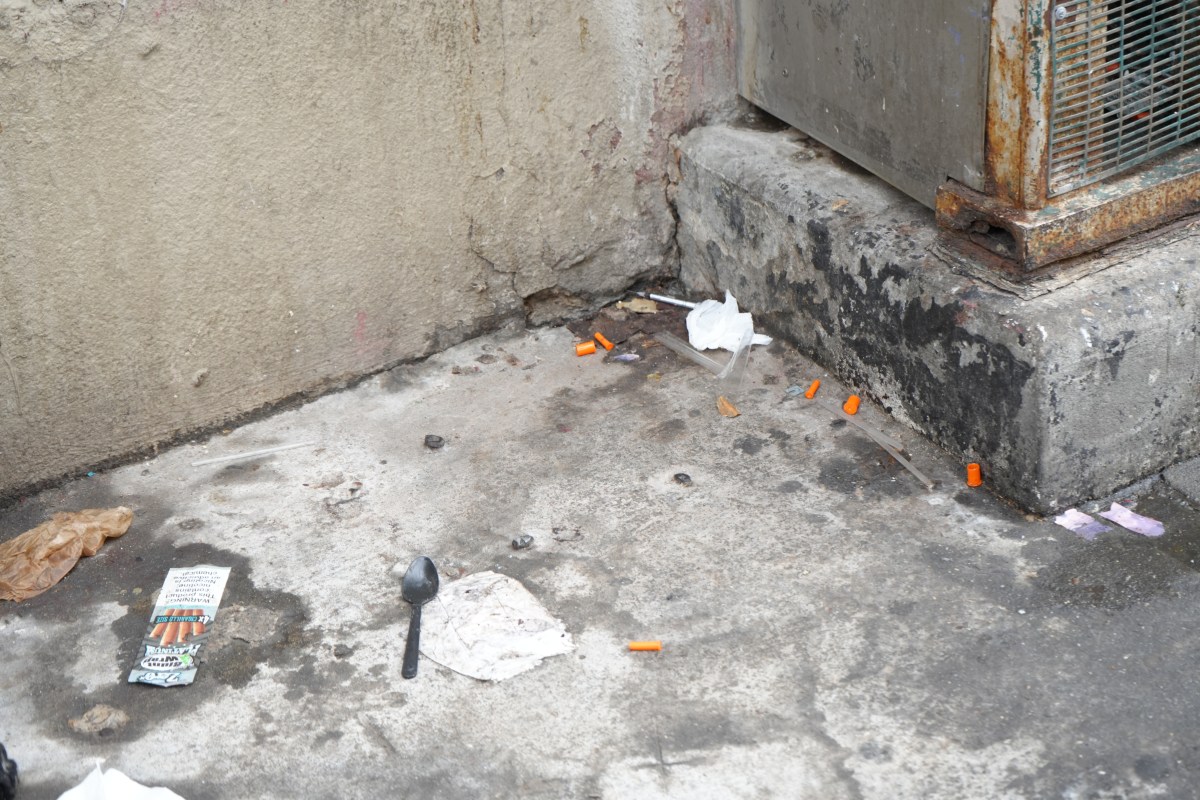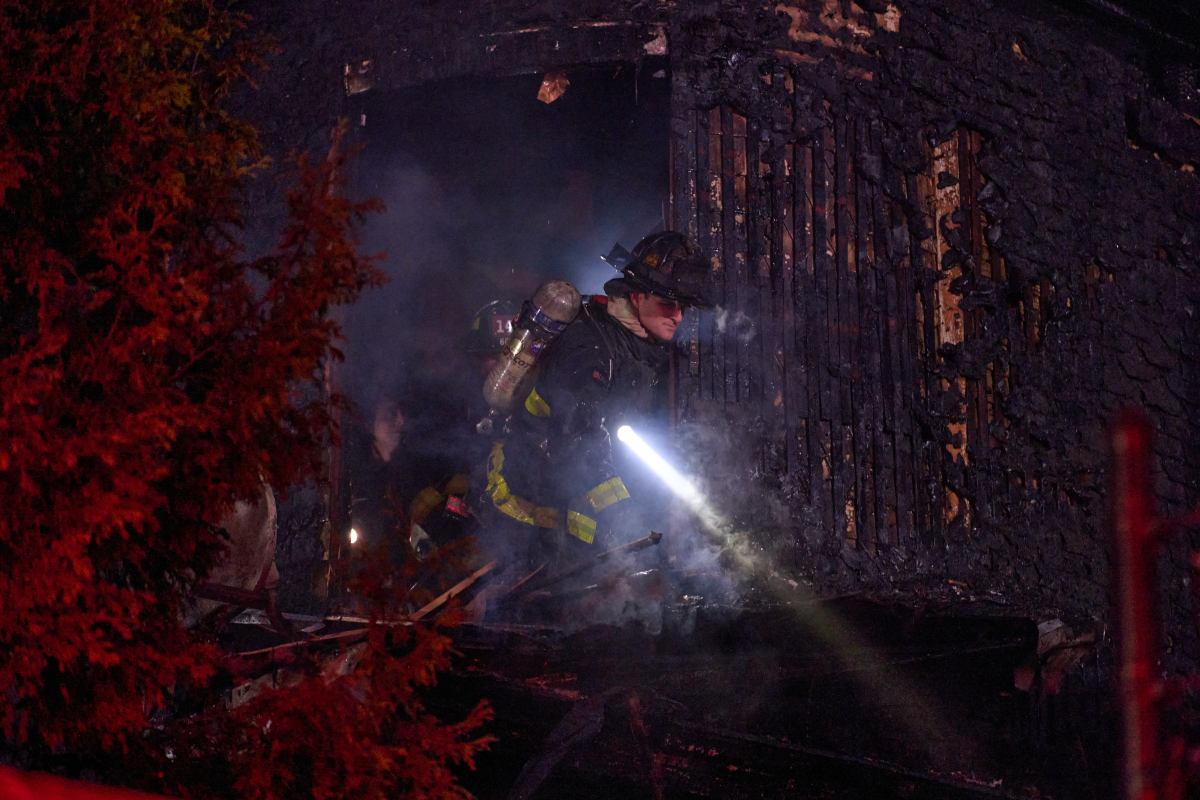The U.S. Justice Department on Wednesday launched a sweeping civil investigation into policing practices in Minneapolis following a jury’s verdict that former city police officer Derek Chauvin murdered George Floyd.
The probe is the first major action of Attorney General Merrick Garland, after President Joe Biden vowed to address systemic racism in the United States. It will consider whether the department engages “in a pattern or practice of using excessive force, including during protests,” he said.
He added it will also examine whether the department “engages in discriminatory conduct and whether its treatment of those with behavioral health disabilities is unlawful.”
Chauvin’s conviction was a milestone in the fraught racial history of the United States and a rebuke of law enforcement’s treatment of Black Americans. Floyd’s death was one in a long list of police killings that prompted nationwide protests.
“I know such wounds have deep roots. That too many communities have experienced those wounds firsthand. Yesterday’s verdict in the state criminal trial does not address potentially systemic policing issues in Minneapolis,” Garland said.
Garland has previously said he will make cracking down on police misconduct a priority.
A separate criminal Justice Department investigation into whether the officers involved in Floyd’s death violated his civil rights continues, Garland said.
The decision to open a probe into systemic policing problems marks a sharp contrast from the administration of former President Donald Trump, which sharply curtailed the use of court-enforcement agreements to prevent police departments from violating peoples’ civil rights.
Garland rescinded that policy on Friday, saying the department would be returning to its traditional practices of investigating state and local police departments and allowing unit heads to approve most settlements and consent decrees.
On Wednesday, Garland said Justice Department officials had already started to reach out to community groups in Minneapolis to ask about their experiences with law enforcement and they also plan to speak with police officers there about the training and support they receive.
A 12-member jury on Tuesday found Chauvin, 45, guilty of second-degree murder, third-degree murder and manslaughter after considering three weeks of testimony from 45 witnesses, including bystanders, police officials and medical experts.
In a confrontation captured on video, Chauvin, a white veteran of the police force, pushed his knee into the neck of Floyd, a 46-year-old Black man in handcuffs, for more than nine minutes on May 25, 2020. Chauvin and three fellow officers were attempting to arrest Floyd, accused of using a fake $20 bill to buy cigarettes at a grocery store.
The conviction triggered a wave of relief and reflection not only across the United States but in countries around the world.
Even as crowds celebrated the verdict, protesters called for justice in the case of Daunte Wright, a Black man who was fatally shot by a police officer after a routine traffic stop on April 11, just a few miles from where Chauvin stood trial. Kimberly Potter, who has turned in her badge, has been charged with manslaughter in that case.
As the country focused on the guilty verdict in Minneapolis, police in Columbus, Ohio, fatally shot a Black teenage girl they confronted as she lunged at two people with a knife, as seen in police video footage of the encounter, authorities said. The incident sparked street protests in Ohio’s largest city.



